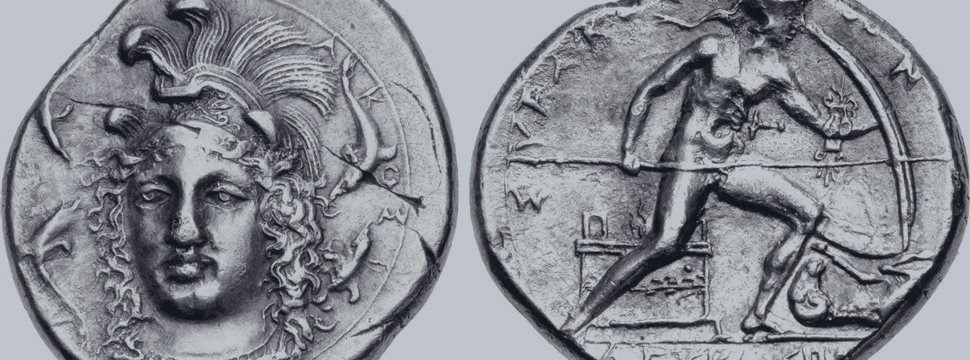“Initially there would be a massive selloff, something in the region
of 30 to 40 percent depreciation against the dollar,” says Neil Jones,
head of hedge-fund sales at Mizuho Bank Ltd. in London.
“We will get fresh all-time lows” for the drachma, he thinks.
As Prime Minister Alexis Tsipras called a referendum
on the terms demanded in return for financial aid, risk of the country exiting the bloc has increased.
Jones and analysts from ING Groep NV and Credit Agricole SA have started to consider where the drachma would trade if Greece did exit the European Monetary Union.
Drachma, which would be much weaker, may boost exports
and encourage investment from abroad helping the Greek economy.
However, all possible advantages risk being negated by “structurally higher funding costs” for Greece, says Valentin Marinov, head of Group-of-10 currency research at Credit Agricole SA’s corporate and investment-banking unit in London.
He thinks that one of the reasons why the Greeks want to stay in the bloc, and will ultimately do, is the heavy economic toll that their economy will have to pay under the exit. Based on previous financial and bank crises, Marinov estimates that the “depreciation involved is of the magnitude of 40 percent against the dollar” after 12 months.
Greece adopted the euro in 2001, and no state has ever left the currency union, thus there’s no official mechanism for this to happen. The exit would be unprecedented, as it is believed that the euro is an irreversible project.
Returning to the drachma would be “very complicated, very severe, take a long time and it will be a very bumpy rocky ride,” Jones said.
Chris Turner, ING’s head of currency strategy in London, agreed with Jones and Marinov that a Greek exit from the euro region wasn’t the most likely scenario.
“I think expectations of a 50 percent decline looks appropriate” against the euro in light of EMU exit, he said.



